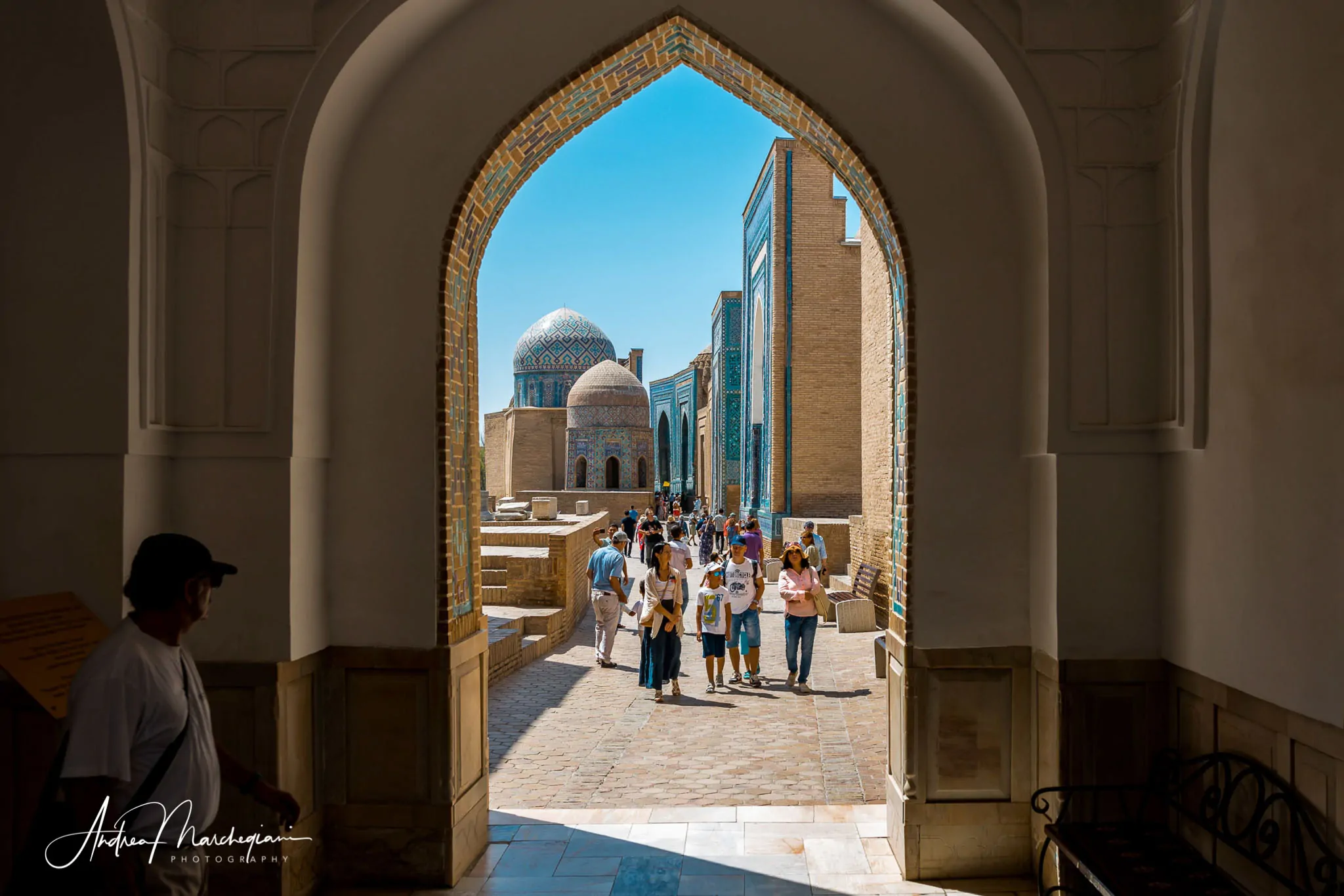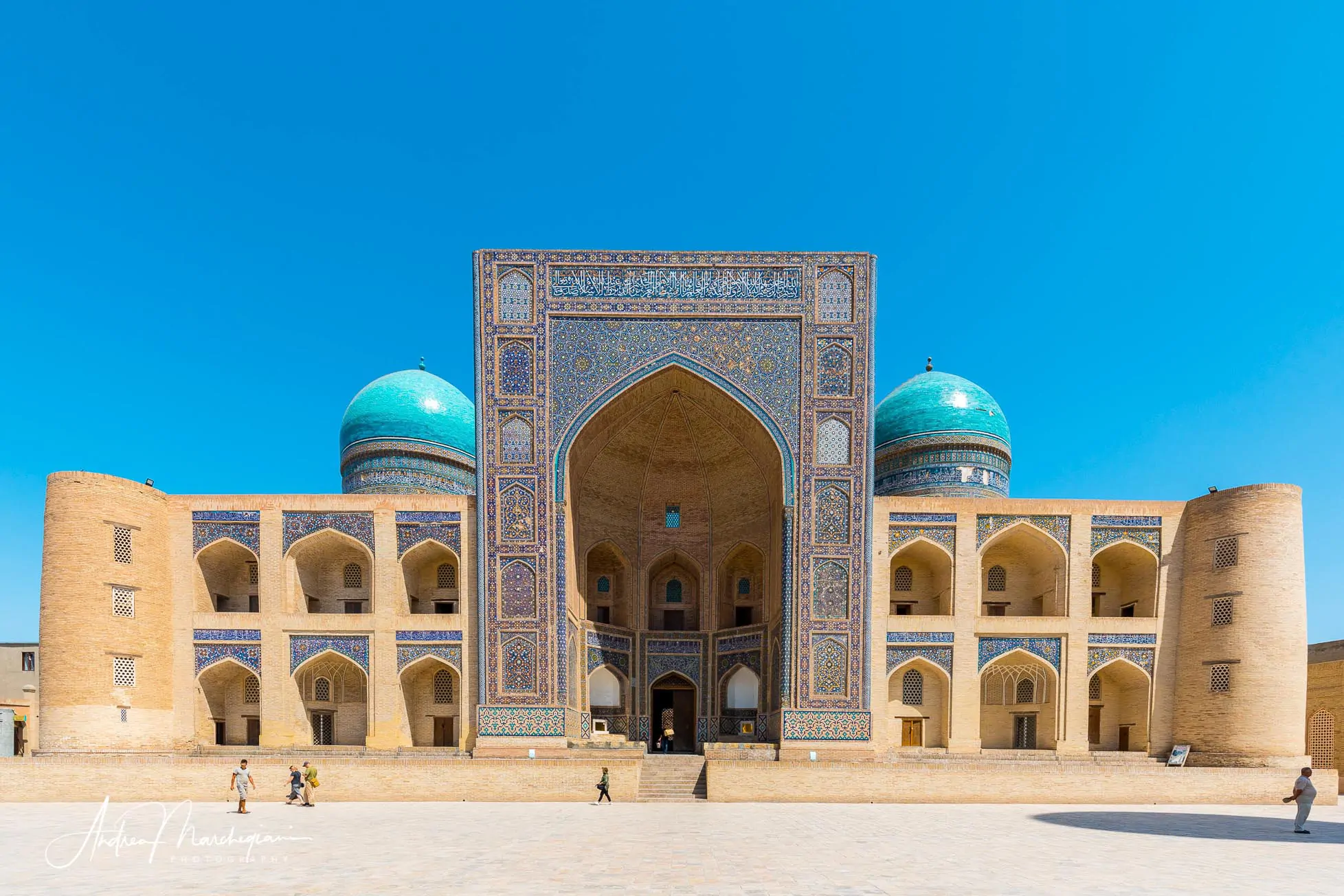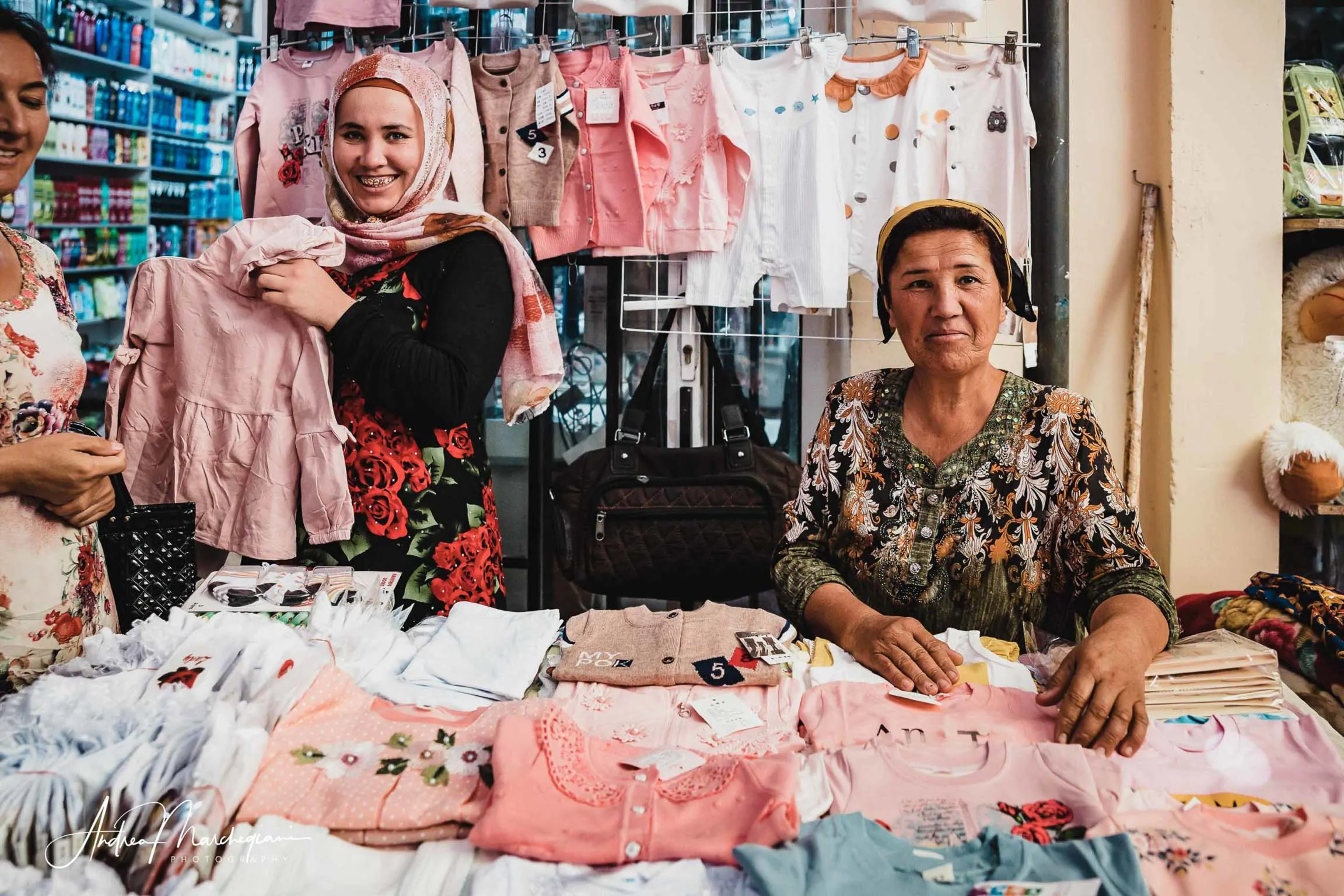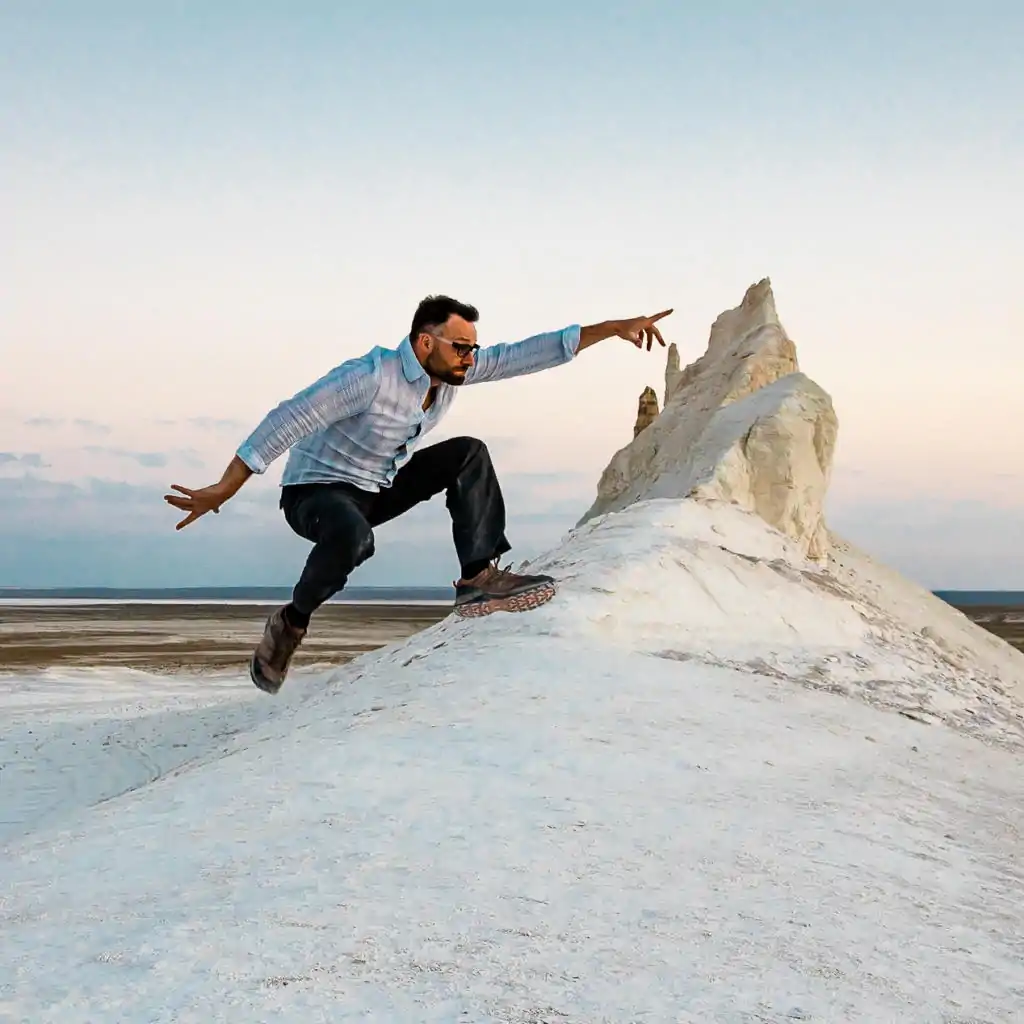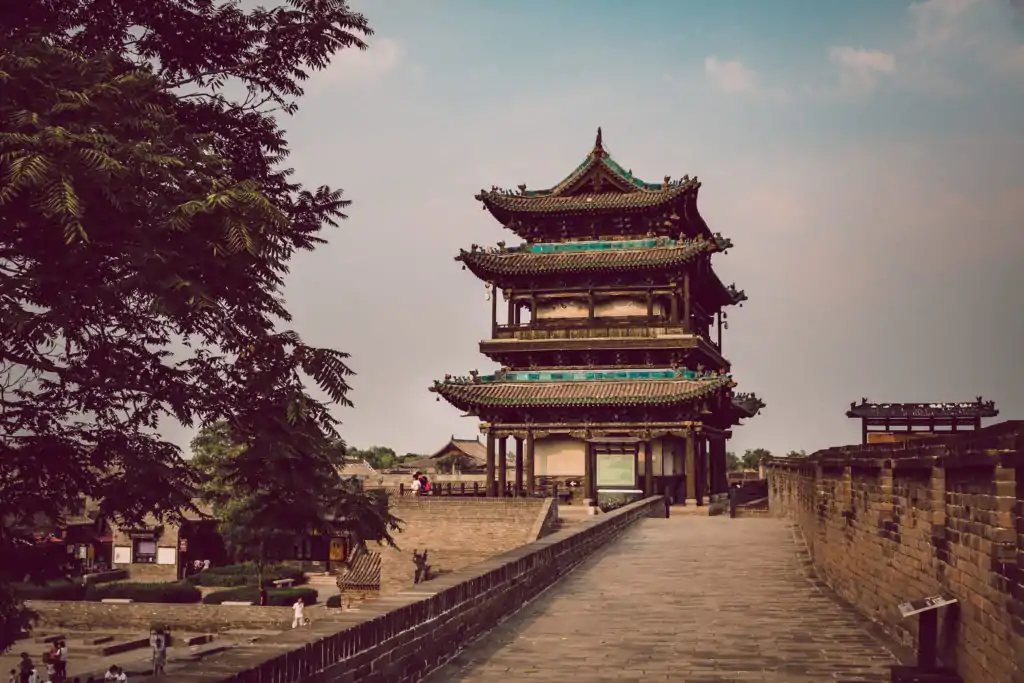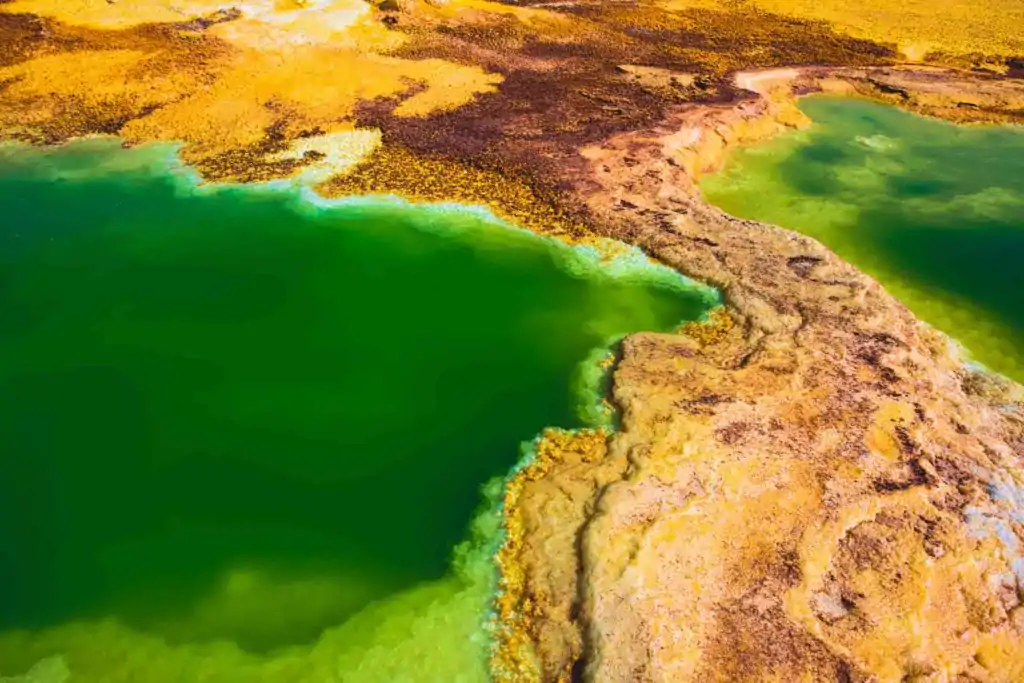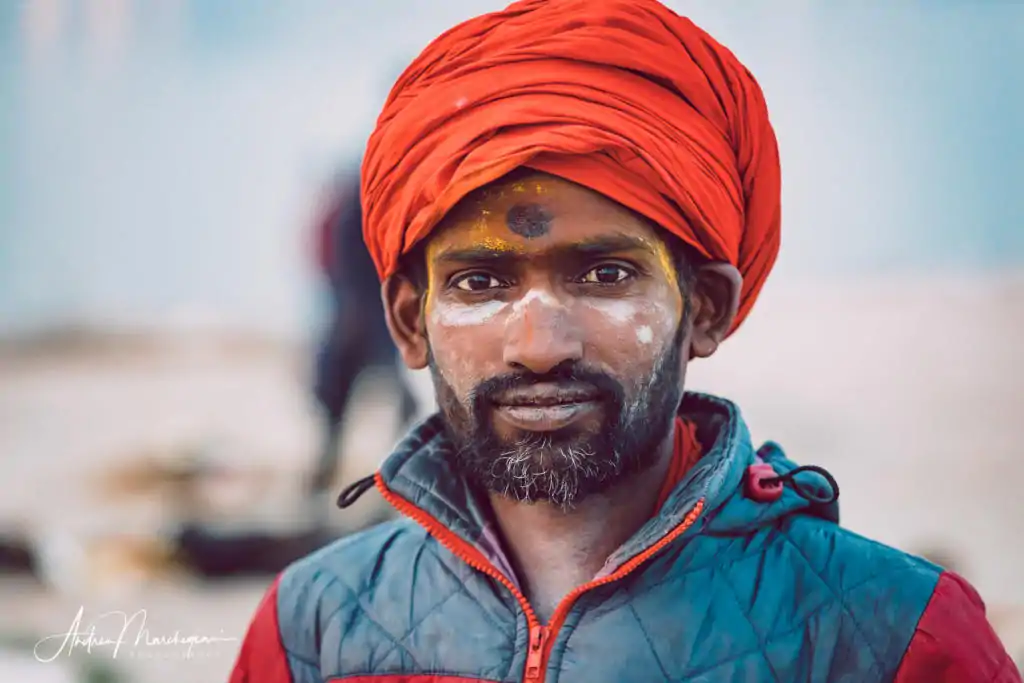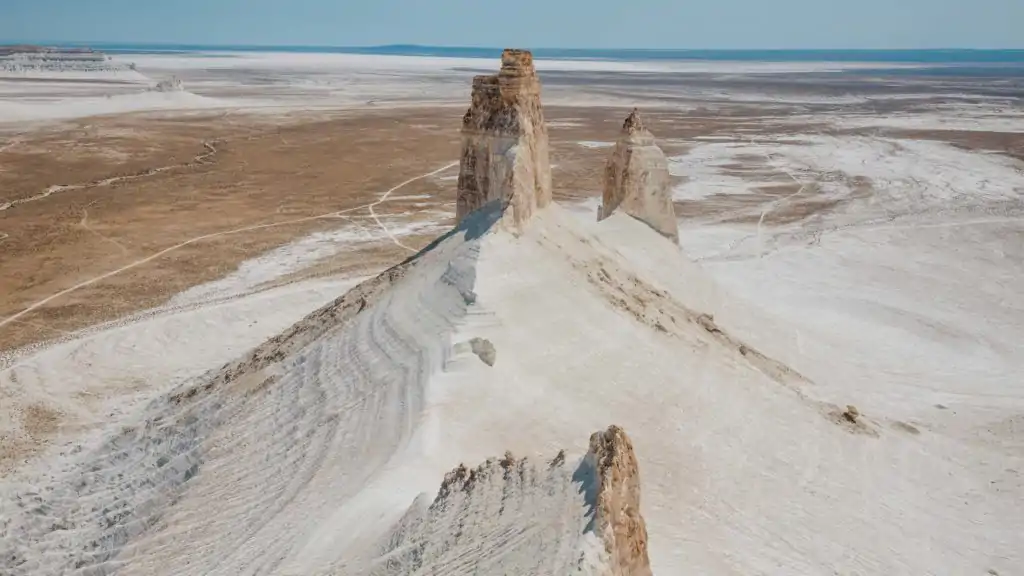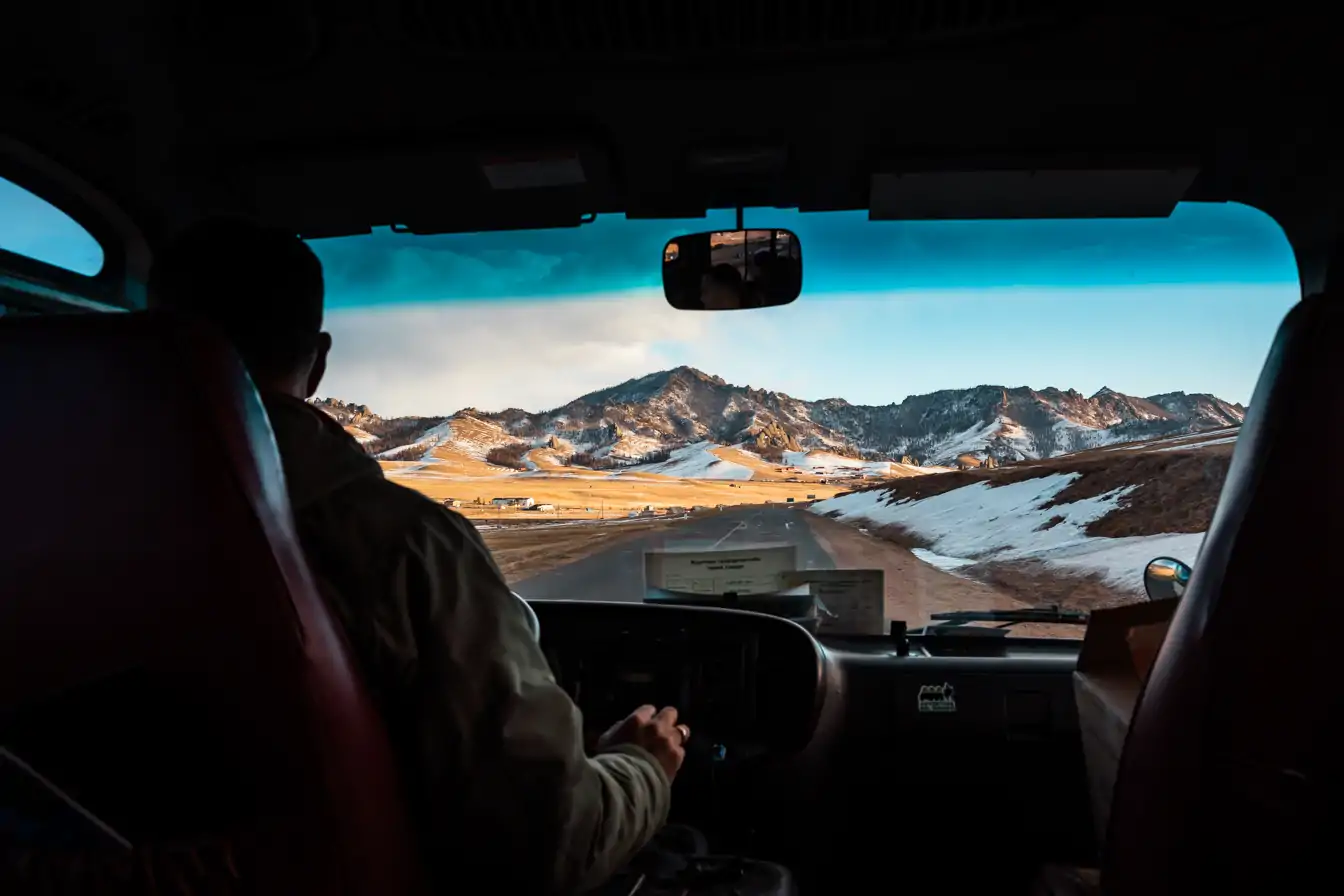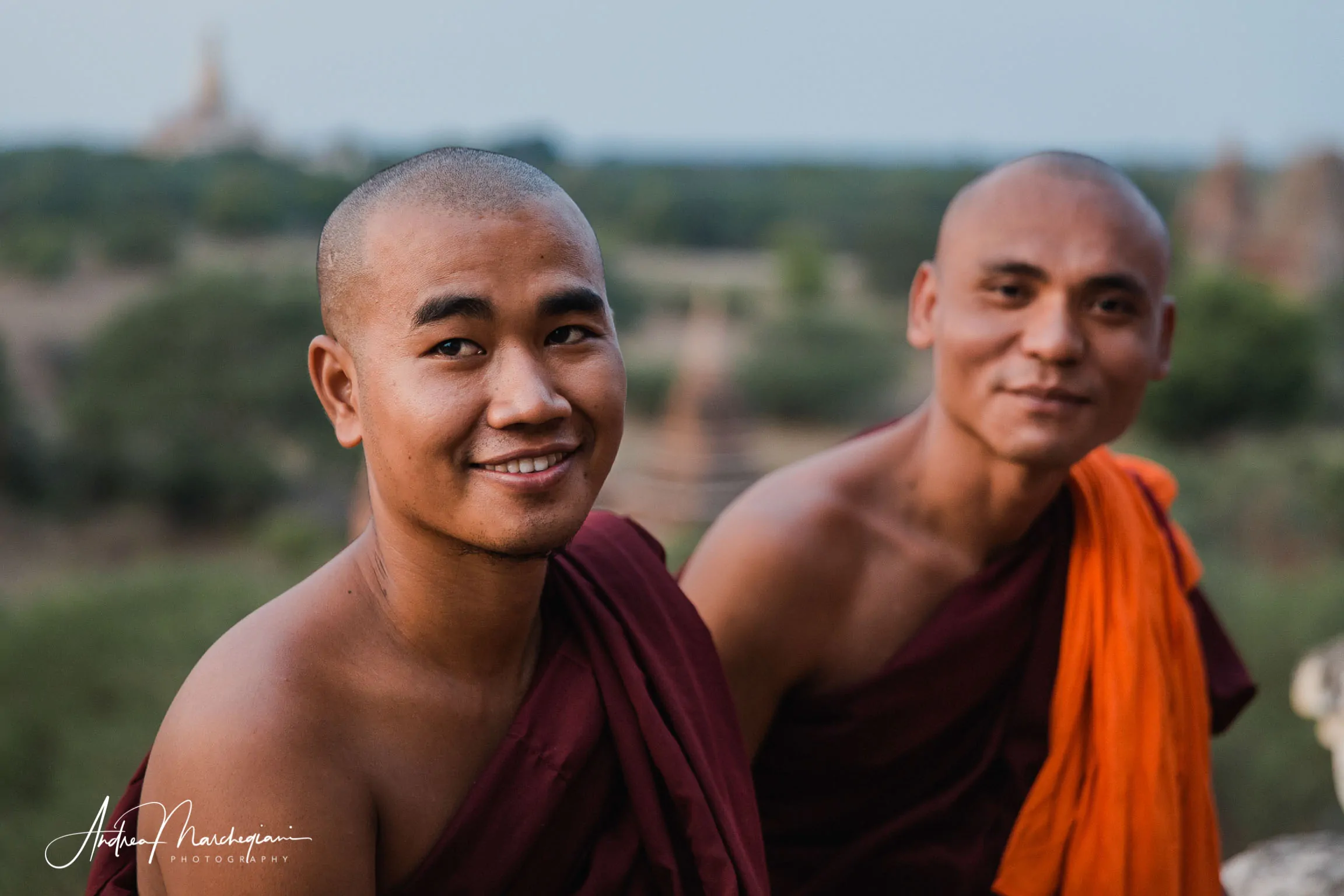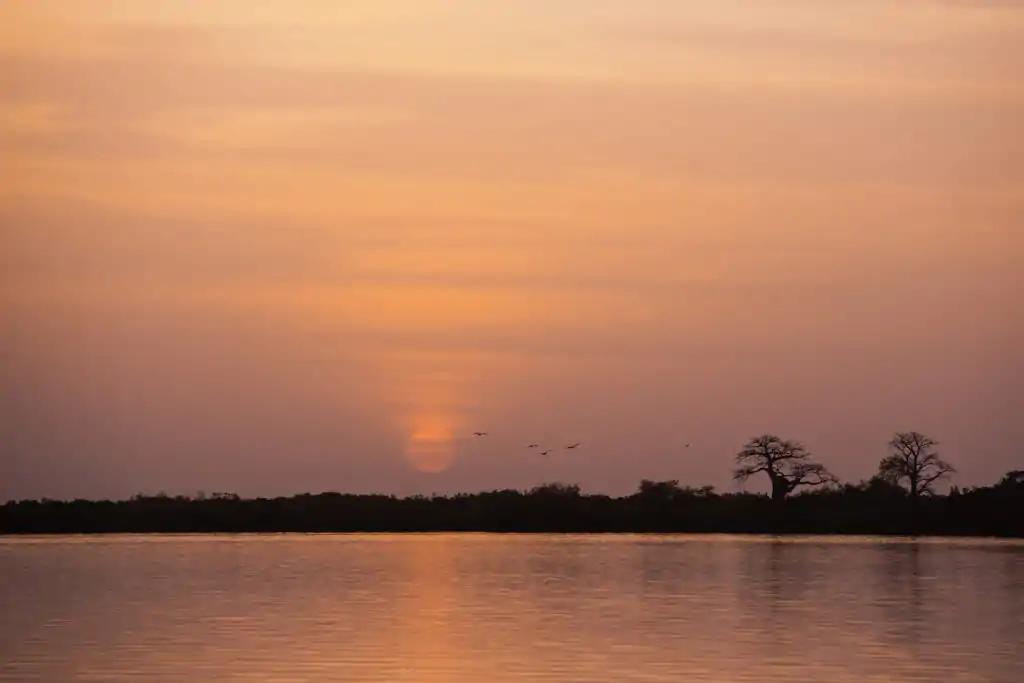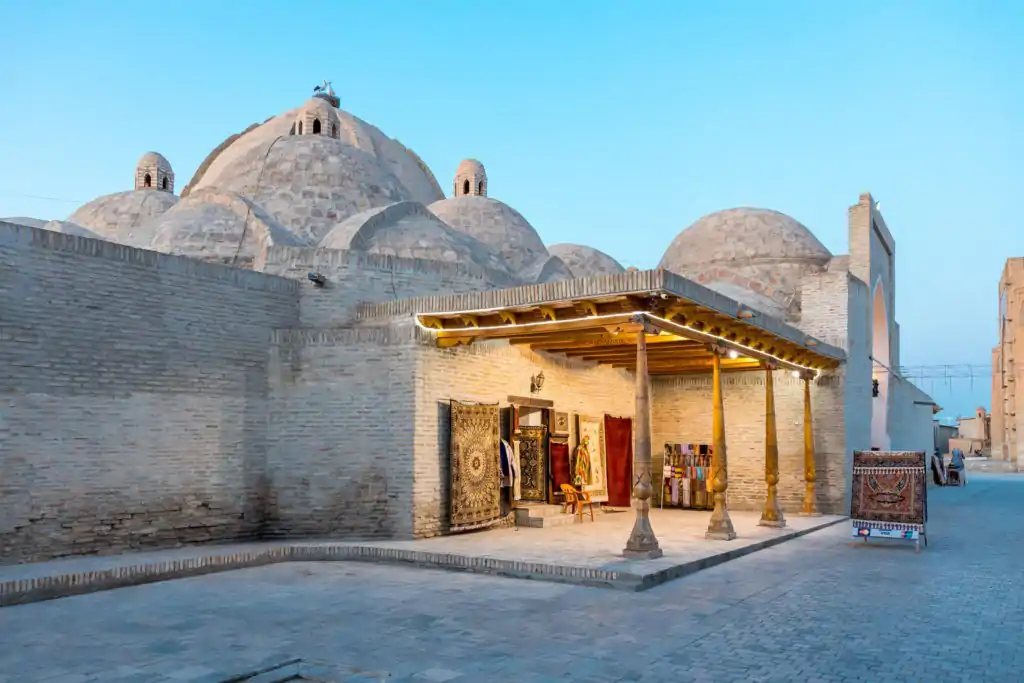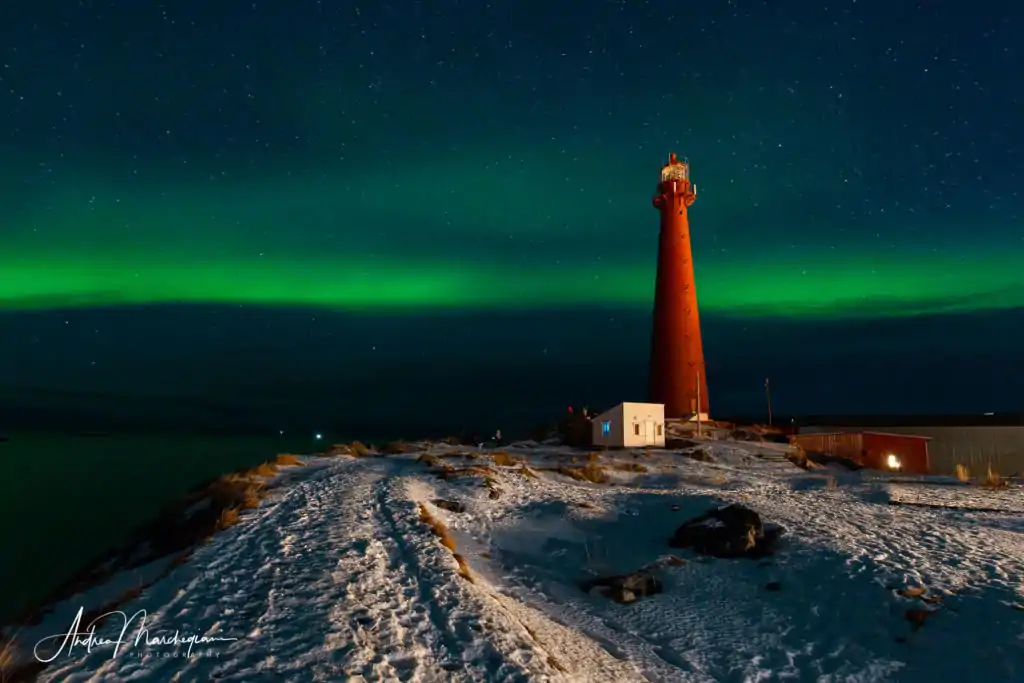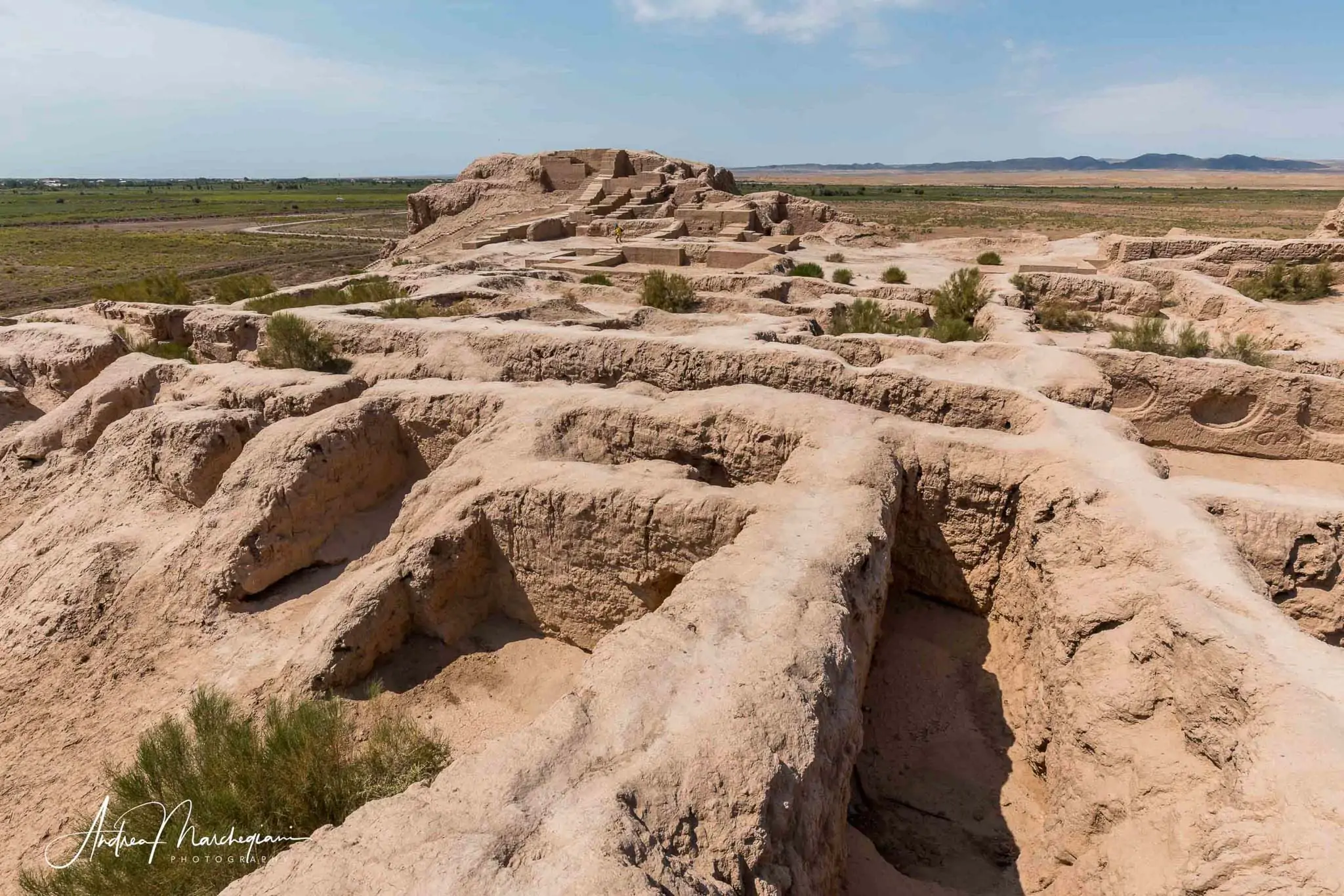
- Home
- Photo Galleries
- Portrait Photography
- Landscape Photography
- Street Photography
- China
- Ethiopia
- India
- Holy Ganges
- Varanasi
- Varanasi Ganga Aarti
- Varanasi, Manikarnika Ghat
- Varanasi Streets & Alleys
- Varanasi Demolition
- Varanasi Fruit Market
- Sarnath
- Brick Kilns
- Tamil Nadu, Chennai & Mamallapuram
- Tamil Nadu, Fort Tirumayam & Madurai
- Tamil Nadu, Tiruvannamalai & Thanjavur
- Kerala, Munnar
- Kerala, Peryiar
- Kerala, Backwaters
- Kerala, Kochi
- Kazakhstan
- Myanmar
- Senegal
- Uzbekistan
- Travel Blog
- China
- Ethiopia
- India
- Tamil Nadu & Kerala
- Varanasi
- Whato to do in Varanasi
- Varanasi Life along the Ghats
- Varanasi Death along the Ghats
- Varanasi Ganga Aarti Ceremony
- Varanasi demolished to honor Shiva
- Varanasi Fruit Market
- “Varanasi, A Journey into the Infinite”
- Sarnath
- All about River Ganges
- Holy Shit. All about Indian Cow Dung
- Clean India Project
- Brick factories
- Tilaka, pundra, bindi: what is the mark on Indian foreheads?
- Kazakhstan
- Mongolia
- Ulaanbaatar, the coldest capital in the world
- What to do in Ulaanbaatar
- Chinggis Khan Museum, 6 floors of Mongolian history
- Gorkhi-Terelj National Park and Bodgkhan Natural Reserve
- Altai Mountains, Things to do in Olgii and Sagsai
- Living with the Eagle Hunters
- Sagsai Eagle Festival
- Navrus Festival
- Xöömej, Mongolian throat singing
- Mongolian Food
- Myanmar
- Senegal
- Uzbekistan
- Latest Posts
- Photography Blog
- About
- Prints
On the way between Bukhara and Samarkand, I make a brief stop at Shakhrisabz, a small town surrounded by greenery, a few kilometers south of Samarkand.The town was formerly known as Kesh, until Timur (Tamerlane) renamed it to its present name. He built majestic buildings and monuments there, which gave prestige and fame to the city until the sixteenth century, when it was destroyed to avenge the death of a horse.
Share with your friends:
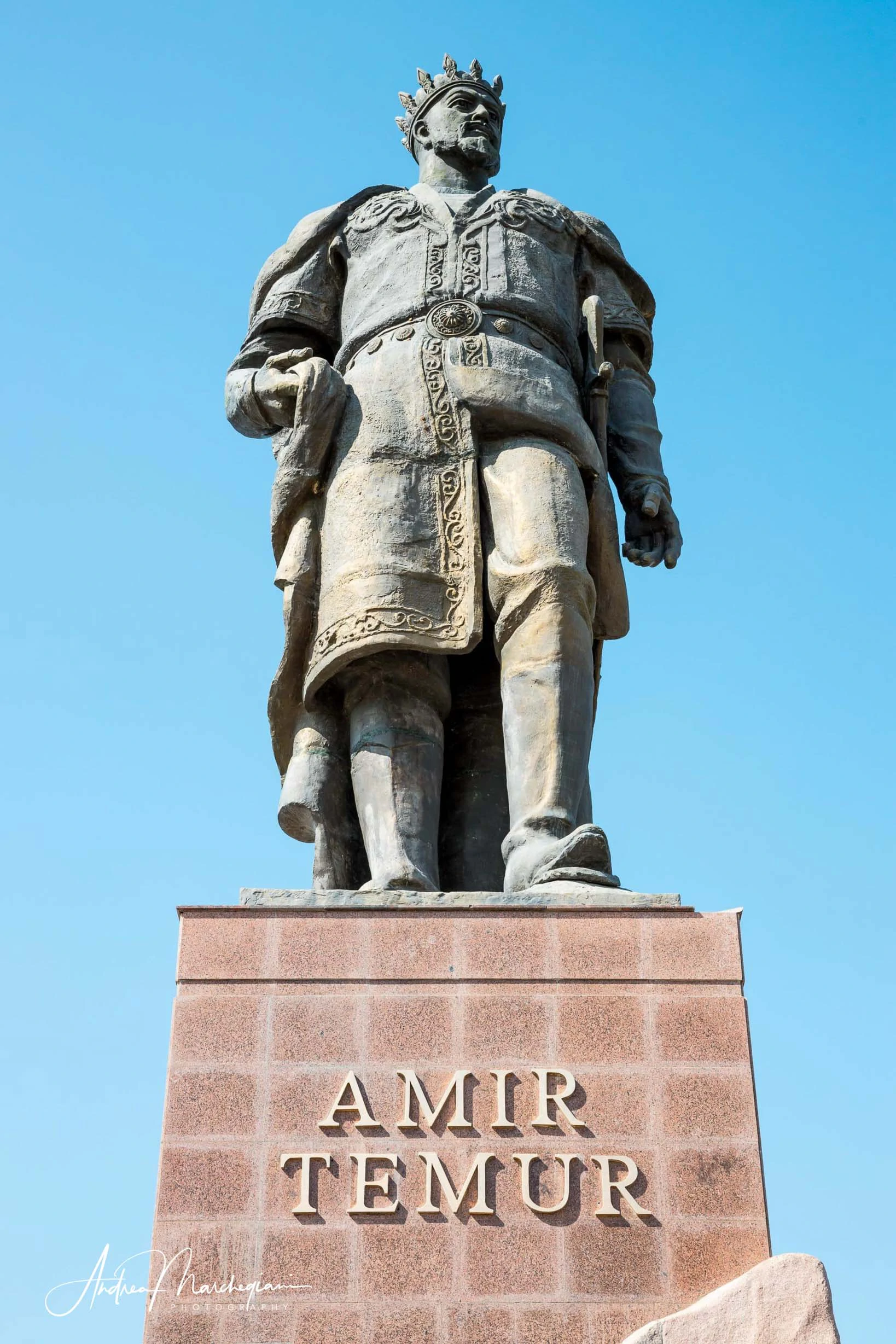
“A hero is a normal human being who does the best of things under the worst of circumstances.”Joseph Campbell
Tamerlane's birthplace
“Shakrisabz once surpassed Samarkand in honor and magnificence,” says proudly Mrs Tursinoy, our guide. She flaunts the typical golden smile of Uzbek women and speaks English with an incomprehensible pronunciation, recited like beads of a rosary.
“Shakhrisabz is the birthplace of Tamerlane, the undisputed hero of Uzbekistan. He was an ancestor of Genghis Khan, similar to him in his recklessness and military ability, but not as destructive. He loved culture and the arts. During his military expeditions, he spared artisans and artists, deported them and used them to build his cities. Genghis Khan left behind only rubble and destruction, Tamerlane (or Timur) instead built some of the most prestigious architectural masterpieces in the country“.
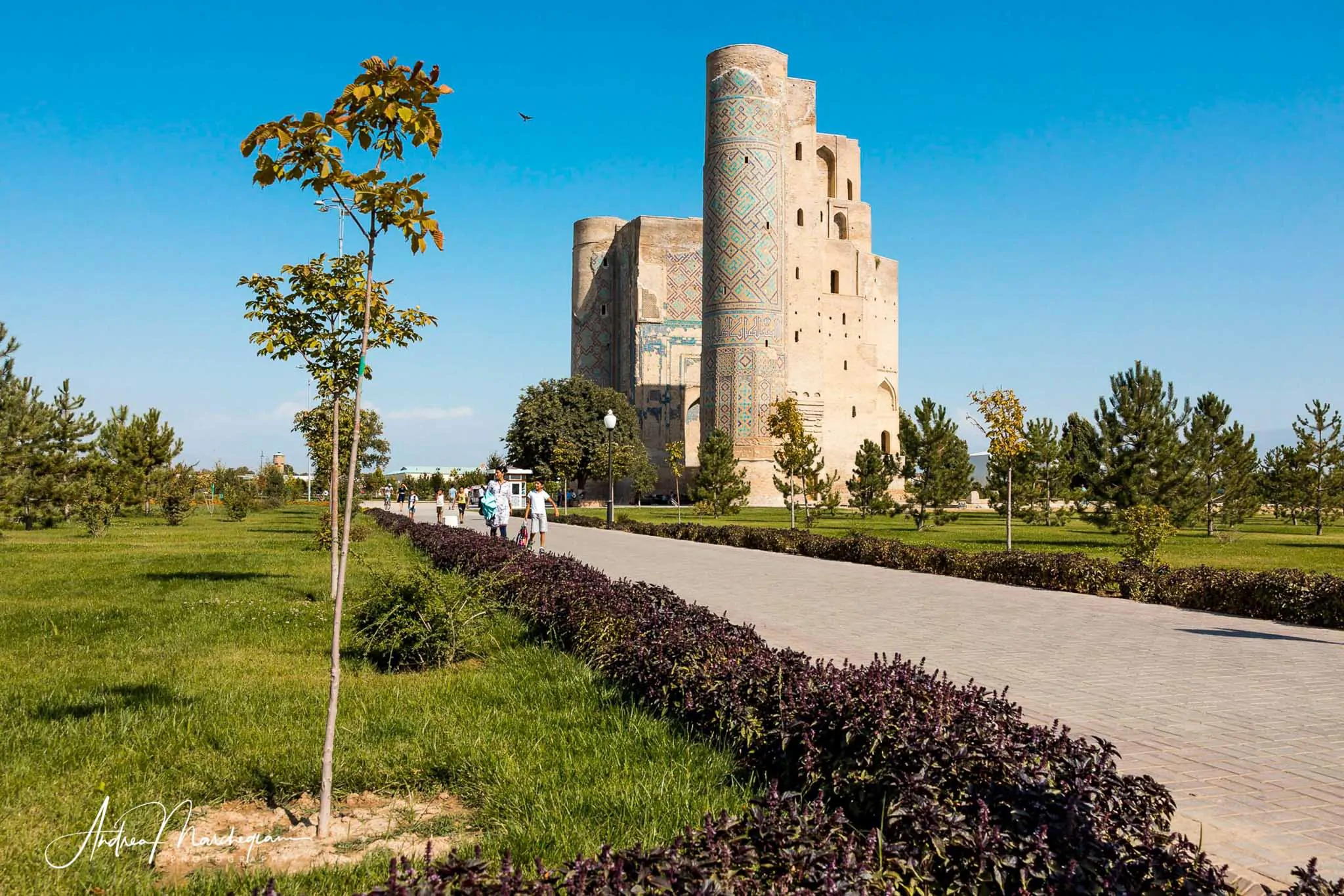
Ak-Saray, the "White Palace"
“Tamerlane was born in Kesh, to a patrician family. When he became emperor, he renamed it Shakhrisabz, which means ‘green city’, and had buildings and majestic monuments built there”.
Mrs Tursinoy invites us to accelerate the pace as we head towards the Ak-Saray Palace, Tamerlane’s summer home. Long tree-lined avenues and endless stretches of grass frame what today remains of the ‘White Palace’, designed to be Tamerlane’s greatest work.
Work began in 1380 and was completed 24 years later. The imposing dimensions of the palace were intended to intimidate spectators and the engraving above the entrance of the building, written in large letters, further clarifies the concept: “If you doubt our power, look at our buildings”.
As I walk under the pishtak (entrance arch) of the Ak-Saray Palace, I almost feel a feeling of pity for Timur’s vainglory.
He wanted to be buried here in his hometown as a hero. He had given an explicit mandate on this, yet at the time of his death he was out of town and the roads leading to Shakhrisabz were impassable due to heavy snowfall. For this reason, his family decided to bury him in a small mausoleum in Samarkand, which Tamerlane had built for his nephew. The last will of the great leader thus fell into the void, unable to counter the flightiness of the weather. Irony of life.
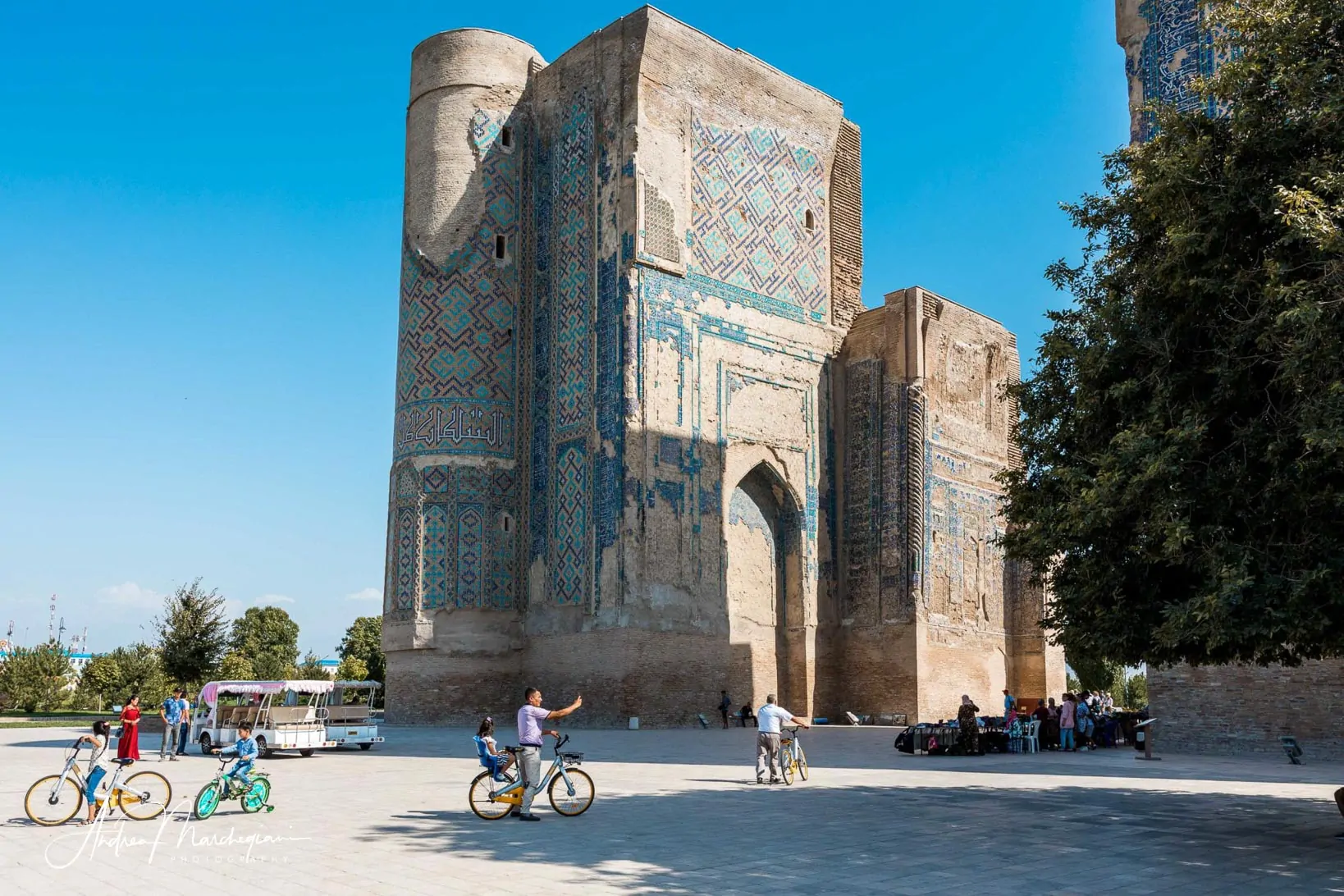
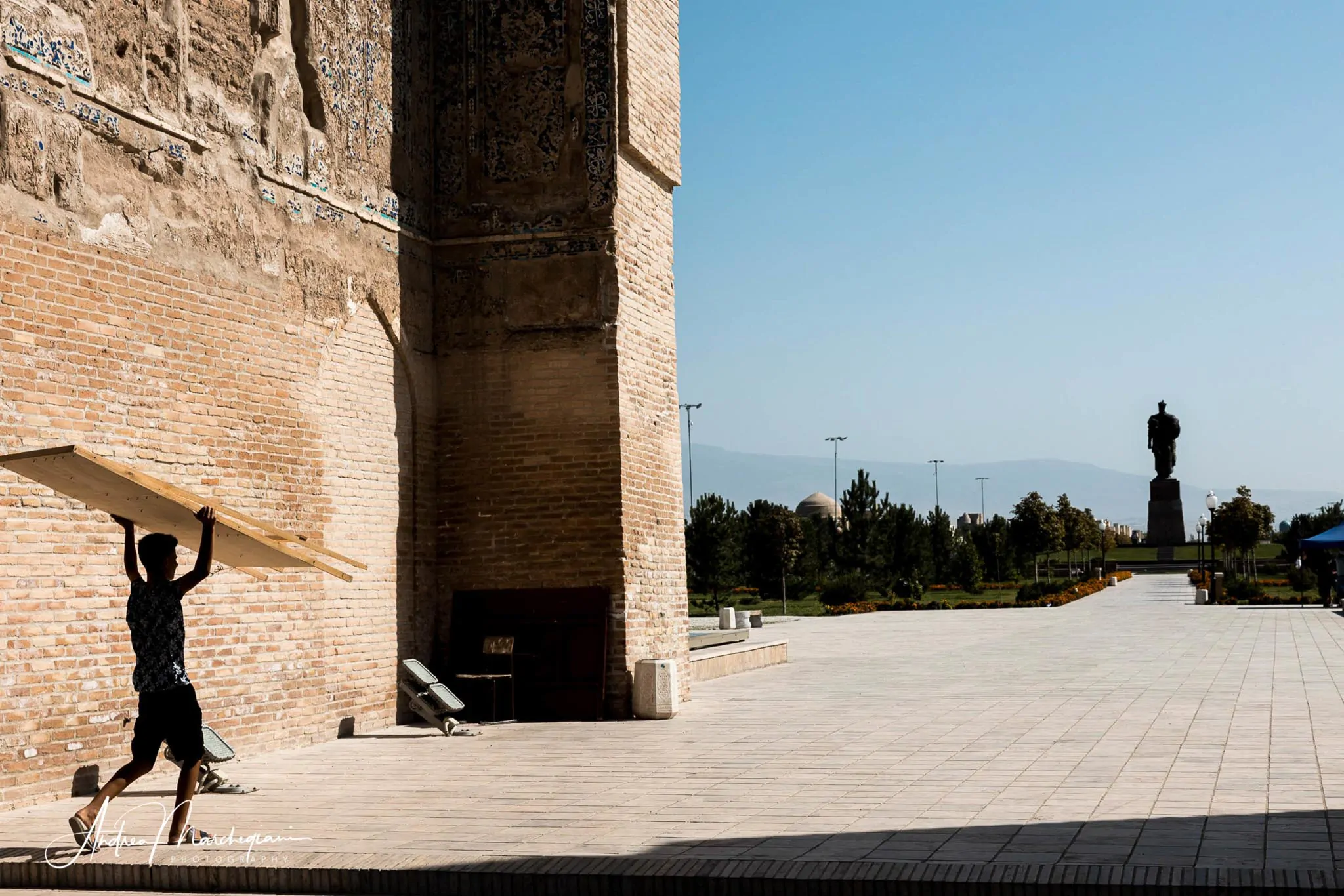
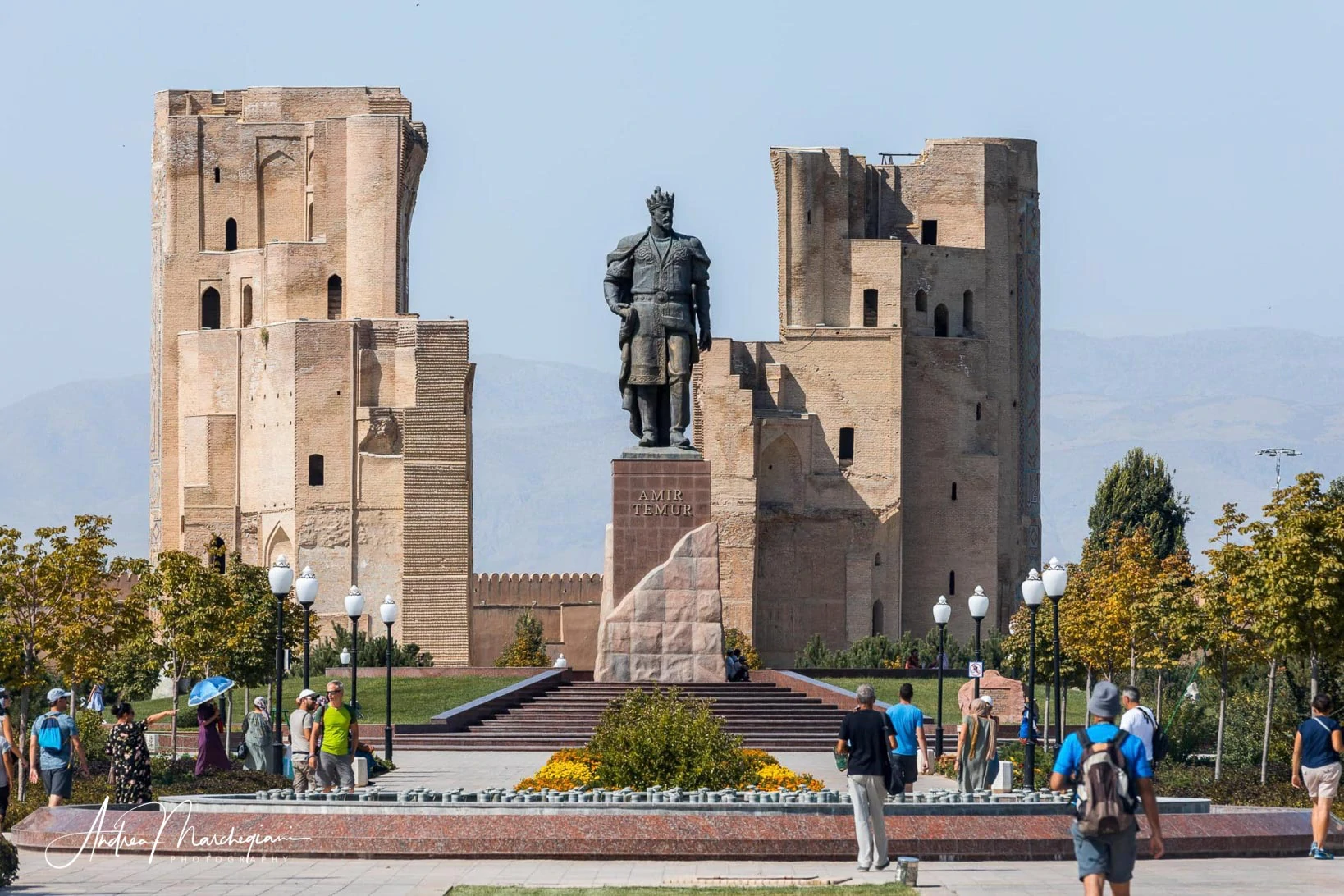
The destruction of Shakhrisabsz
Shakhrisabz also suffered an equally mocking fate. The city was destroyed in the 16th century by the Emir of Bukhara, Adbullah Khan II.
The man had besieged the city to conquer it but he lost his favorite horse during the battle. In a fit of rage, he ordered the city to be razed. Tamerlane’s legacy was not worth the life of a horse.
When it came under the influence of the Soviets in the 19th century, the city underwent the last painful changes and was rebuilt in the typical Uzbek aseptic style, with an empty square in the center and medieval buildings all around.
Little remains of Ak-Saray today: some ruins of the gigantic entrance portal, covered with mosaics not yet restored, and two towers, both 44 meters high. The vault, which was the largest in Central Asia, collapsed. Where once stood the heart of the palace, today stands a statue of Timur, so as to allow tourists to understand the original proportions of the building.
In 2000, the Ak Saray Palace was listed as a World Heritage Site by UNESCO.
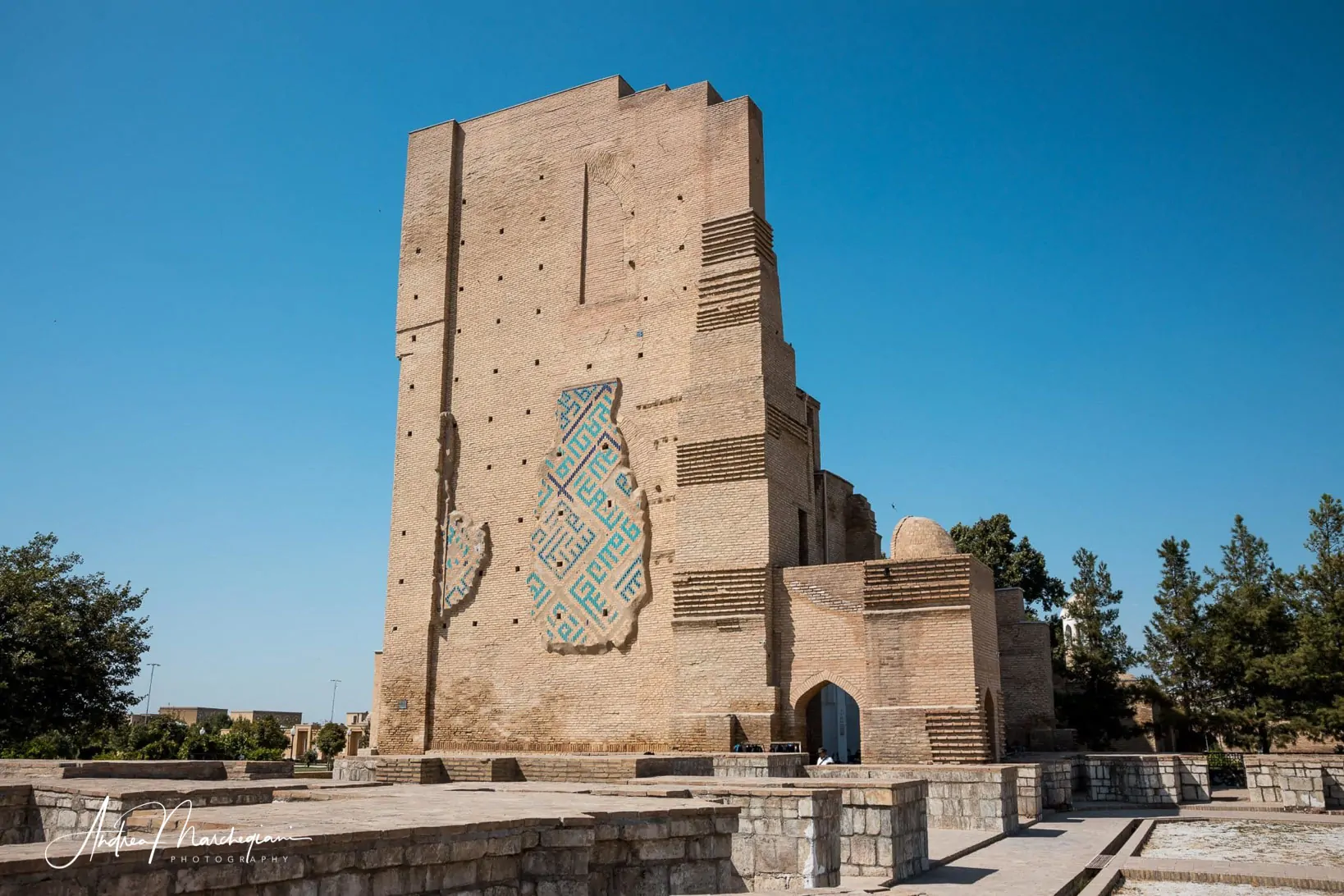
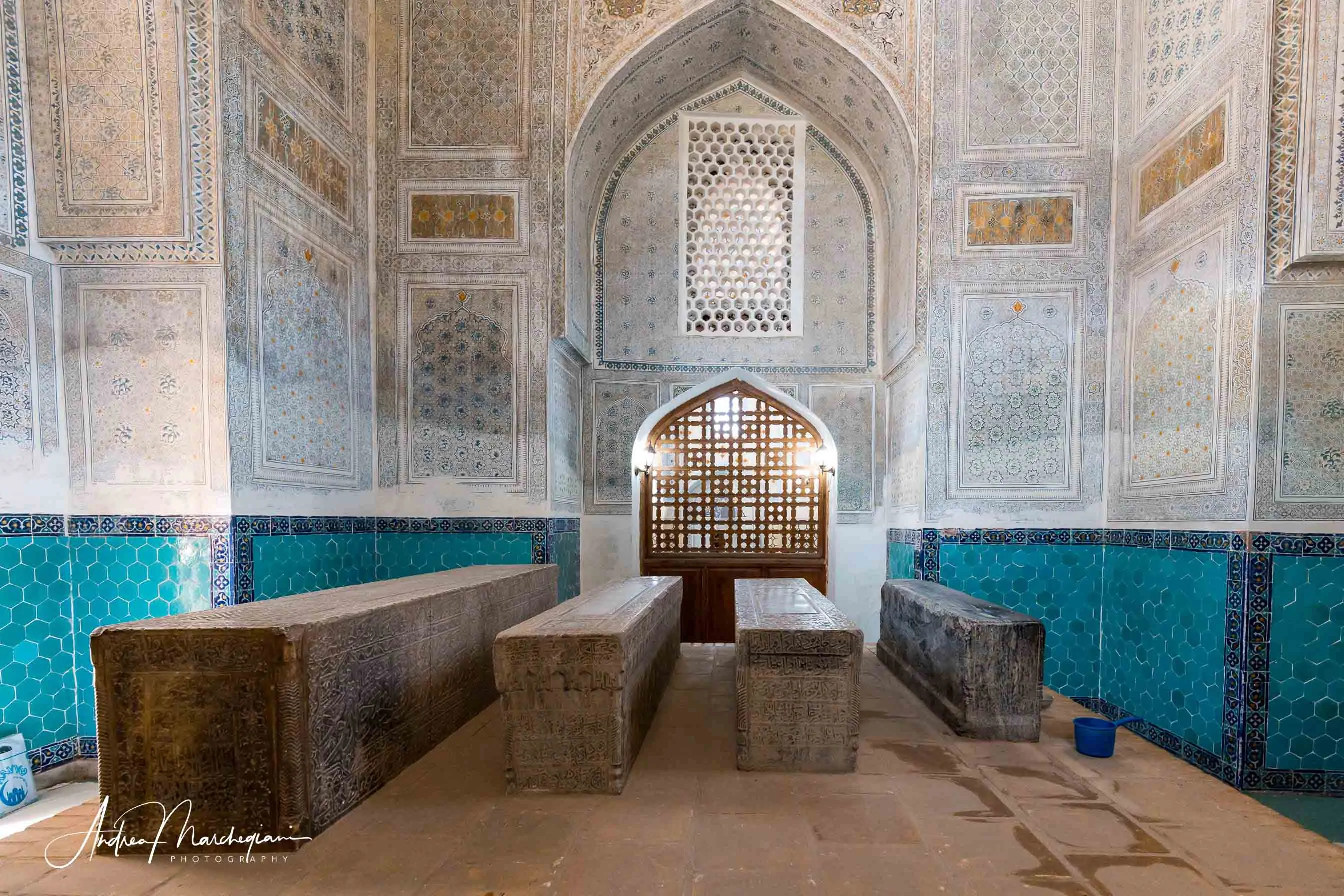
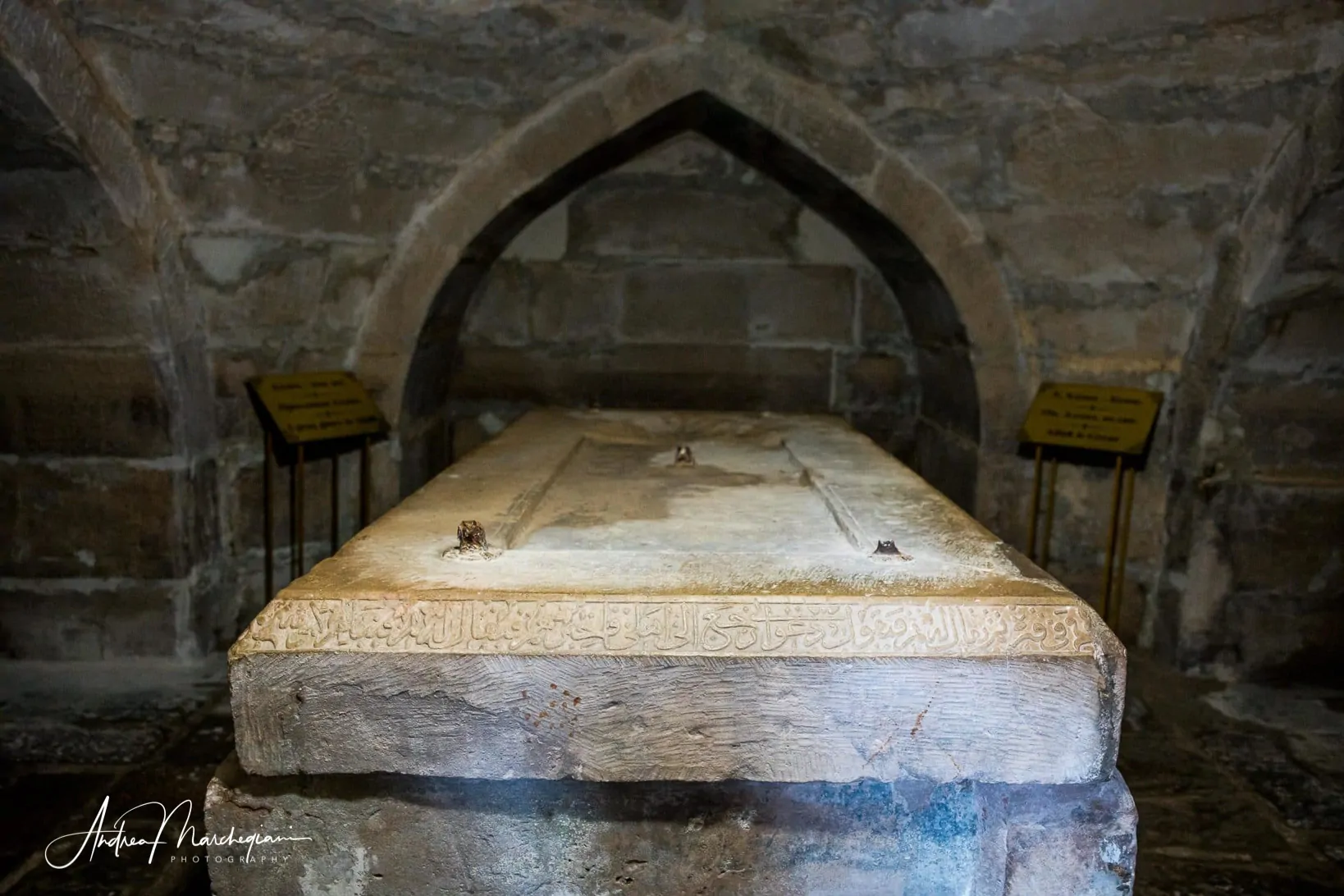
Kok-Gumbaz mosque and Dorussiadat complex
Not far from the palace, it is possible to visit the Kok-Gumbaz mosque, built by Ulugh Beg, Tamerlane’s nephew, and the complex of Dorussiadat, where there are some mausoleums and a crypt with the tomb destined for Tamerlane. We enter holding our breath.
The environment is dark, it is hard to breathe. It is here that Tamerlane wanted to be buried: tourists visit an empty place, filling it with expectations.
We use our fantasy and lay the remains of Timur in the sarcophagus, as if to fulfill his request. Frail is the desire of human beings, both cowardly and heroic.
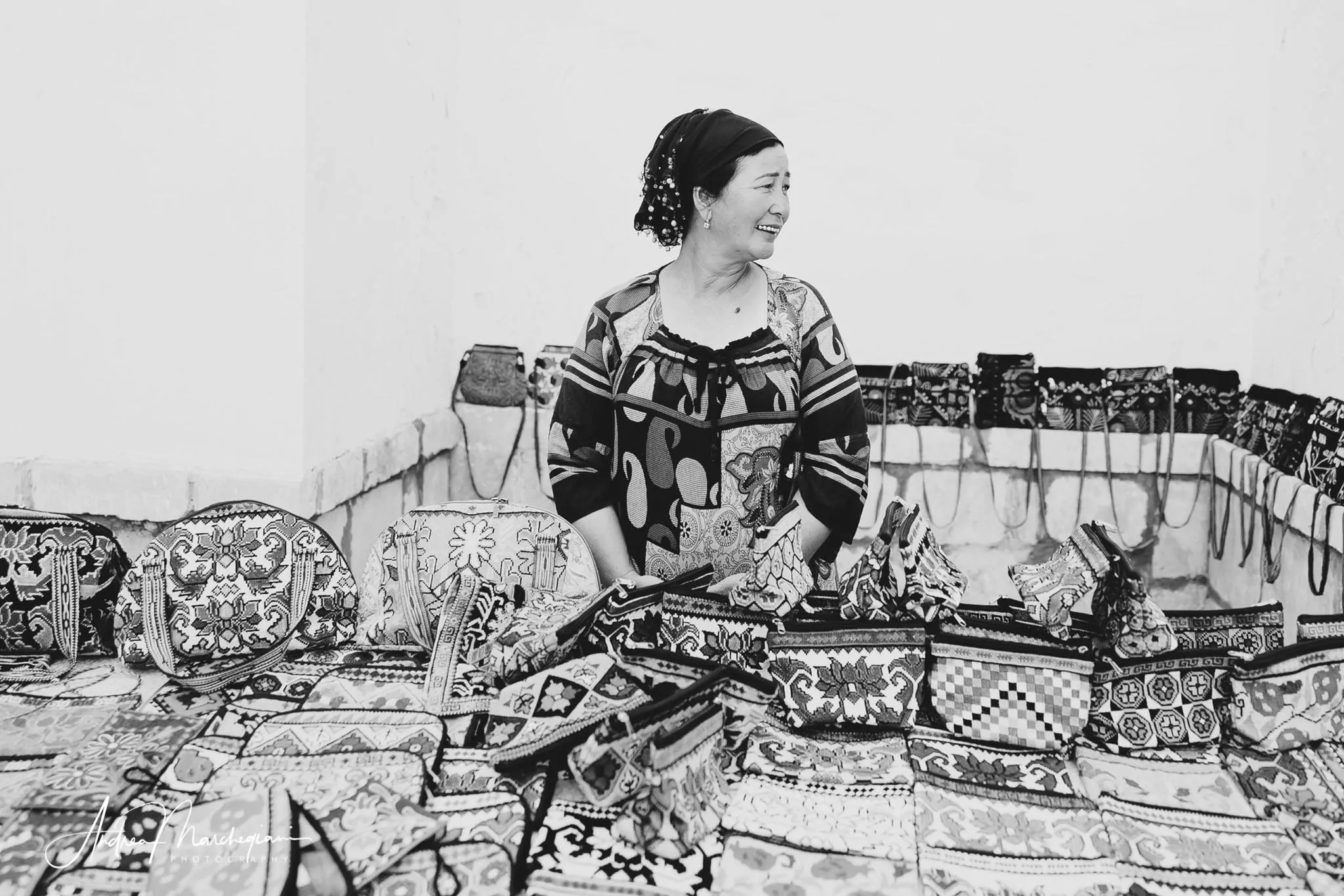
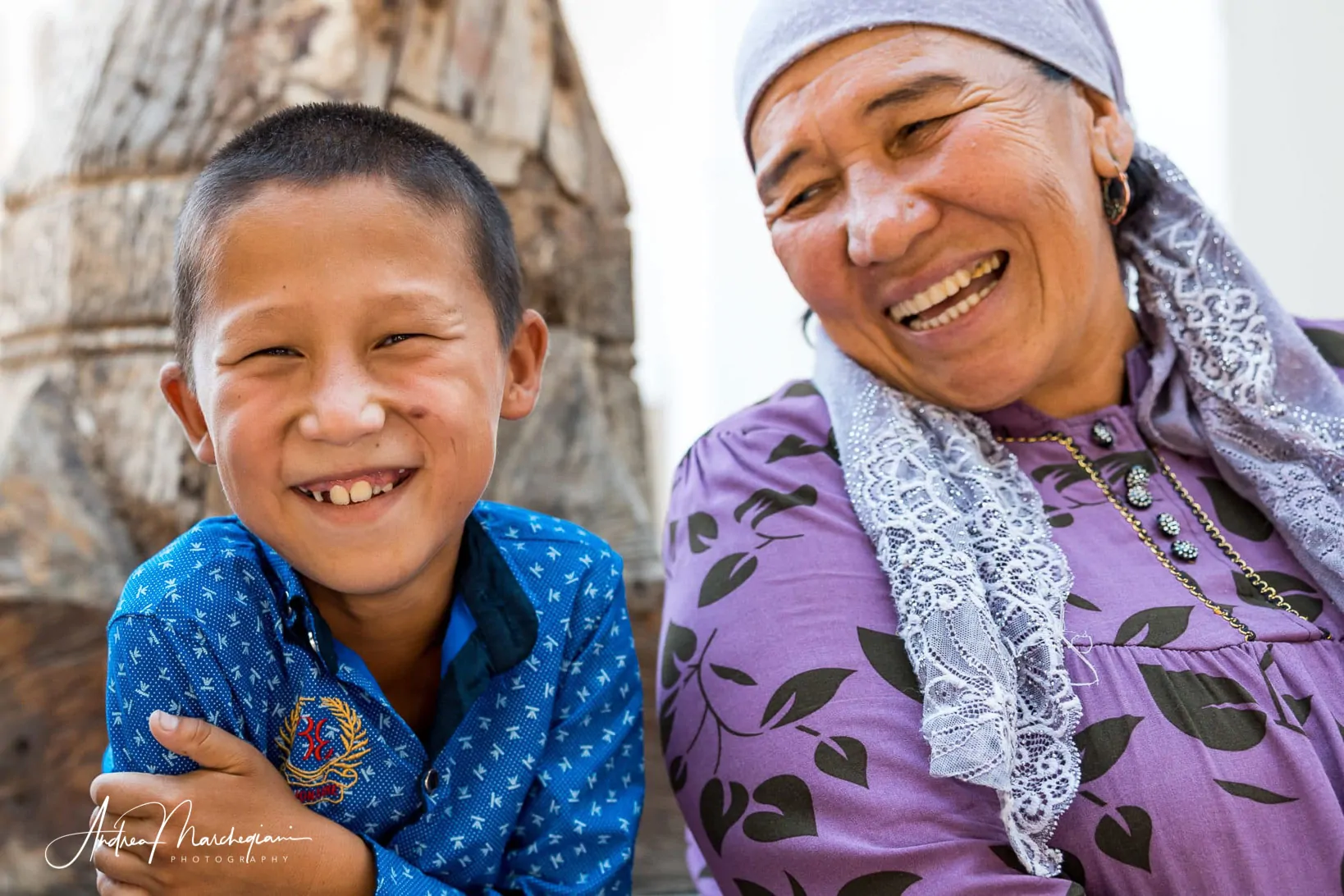
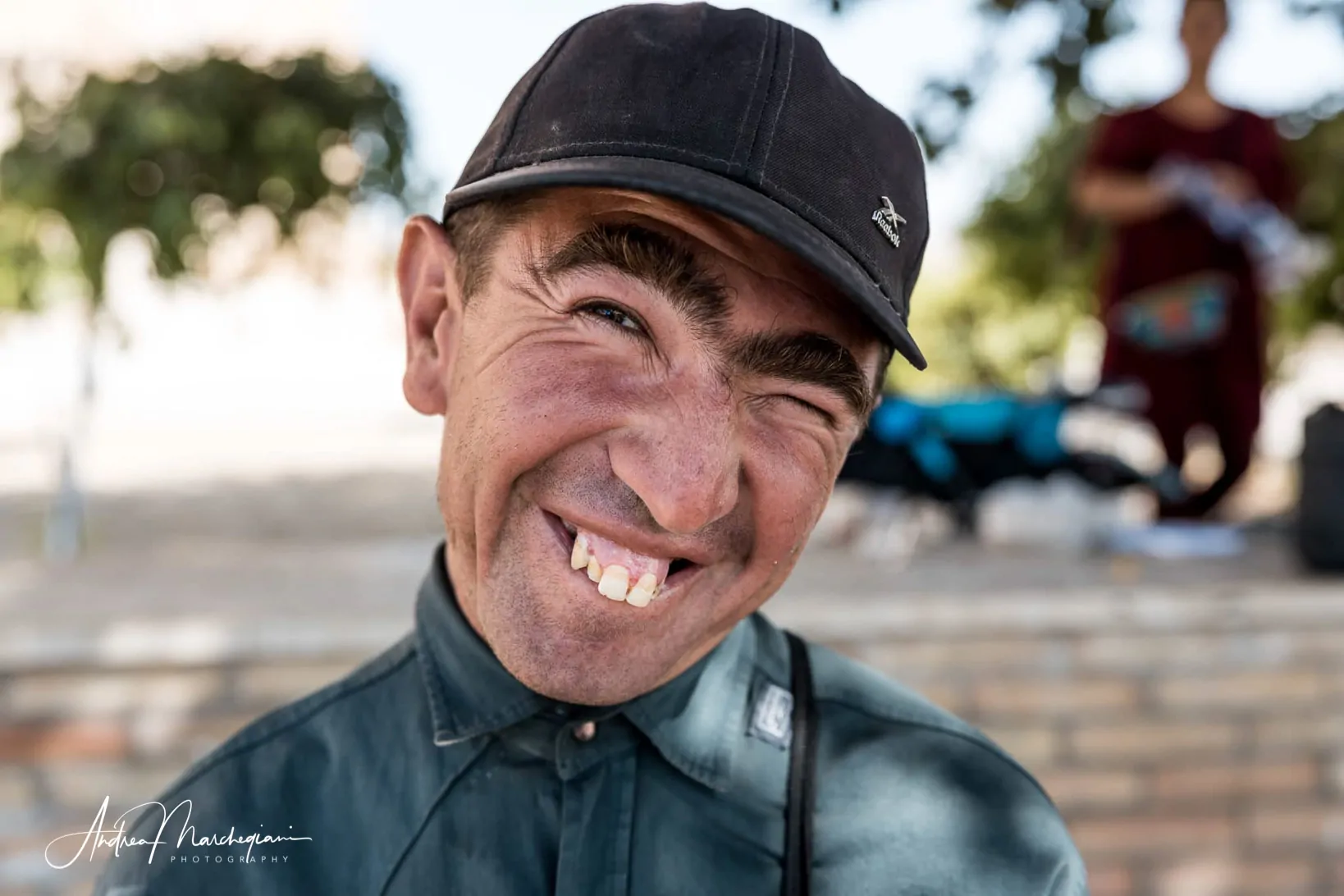
Heroes and antiheroes
During my trip to Uzbekistan, all I do is hear about the epic deeds of Alexander the Great, Genghis Khan, Timur. Men who have left a mark, men whose names will occupy forever long chapters in the history books. What about me? Would I like to be a hero? Who are heroes today? How do they live? How do they survive their huge ego?
In response, a cry in the dark: “One euro! One euro!”
We turn, startled, frightened. A boy sneaked into the crypt and now stares at us with a bold smile. In the darkness of the room, shadows draw vampire features on his face. “One euro! One euro!”
In his hands and under his arms, he holds dozens of colourful purses. The stalls and tourist markets are full of them.
“One euro! One euro!”
Mrs. Tursinoy invites us not to pay him attention. If we want we can take a shuttle to the parking lot, but we prefer to walk. Every step we take away from Tamerlano’s fake tomb is accompanied by the boy’s cry. Insistent, nagging.
“One euro! One euro!”
“No, thank you! We don’t care!” we say.
“One euro! One euro!”
He keeps showing us his colorful purses. His smile is rejection-proof.
“One euro! One euro!”
His efforts are starting to work. Exasperated and amused by his crazy ways, we start to buy the first handbags, hoping this will take him away from us.
But the boy does not give up. He wants to sell us more handbags. Many, many others.
A woman sitting under a porch makes a sign with her hands, as if to say “He’s a bit crazy, what can we do about it?”
“One euro! One euro!”
He’s pointing at me. He’s approaching inches from my face, in spite of courtesy distances. He’s looking me right in the eye, full of hope. I feel a click inside the brain: it has just conquered me.
“All right! I’ll buy two!” I say. “Can I take your picture?”
“One euro! One euro!”
Infected by his joy, we buy five, seven, ten handbags. You can not refuse a request, when it is so full of expectation.
I bet he’s the best salesman in the country. Tenacious, resolute, a little nutty. As the only real heroes can be.



